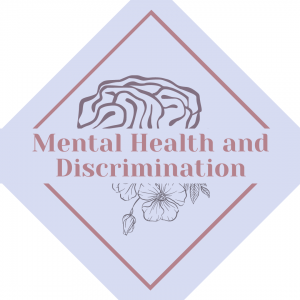PROJECTS

The MIND Study: Mental Health Impacts and Stress of Racial Discrimination among Black Women with Experiences of Trauma and Violence
This pilot study examines the association between discrimination and mental health through the effects of stress and inflammation via biomarkers, examining if coping resources can mitigate the negative effects of discrimination. This study draws from a secondary data analysis of ESSENCE Project data. Archived saliva samples from the ESSENCE Project were collected from 315 Black women at high risk for HIV sampled from STD clinics in Baltimore, MD, which will be assayed for additional inflammation biomarkers (i.e., IL-6, TNF-α, IL-ß). In conjunction with their extensive experience of racial, gender, and sexual identity discrimination, Black women are disproportionally impacted by mental health disorders (i.e., depression, PTSD, suicidal ideation). This secondary data analysis investigates the connection between these two through an integrated framework of the Theory of Stress and Coping and biological embedding. Chronic exposure to discrimination based on race, gender, and/or sexual identity may cause biological embedding via hypothalamic-pituitary-adrenal (HPA) axis alterations. These HPA alterations are associated with increased mental health disorders among women, especially those who report histories of abuse and neglect. The significance of study results is analyzed through statistical regression, mediation, and moderation models to elucidate the effects of coping resources and discrimination on mental health and HPA/immune biomarkers. The proposed significant and innovative research will provide novel information on the life course effects of trauma on mental health among Black women survivors of violence.
Building from the ESSENCE Project, the specific aims of the MIND study include:
1. Estimating the direct effects of discrimination (racial, gender, sexual identity) on mental health (depression, PTSD, suicidal ideation) among Black women with histories of trauma and abuse.
2. Examining if the effect of discrimination on mental health is mediated and/or moderated by dysregulated HPA axis (cortisol) and immune biomarkers (C-reactive protein, IL-6, TNF-α, IL-1ß).
3. Examining if coping resources (social support, resilience, religiosity) moderate (weaken) the association between discrimination, mental health disorders, and HPA/immune biomarkers.



